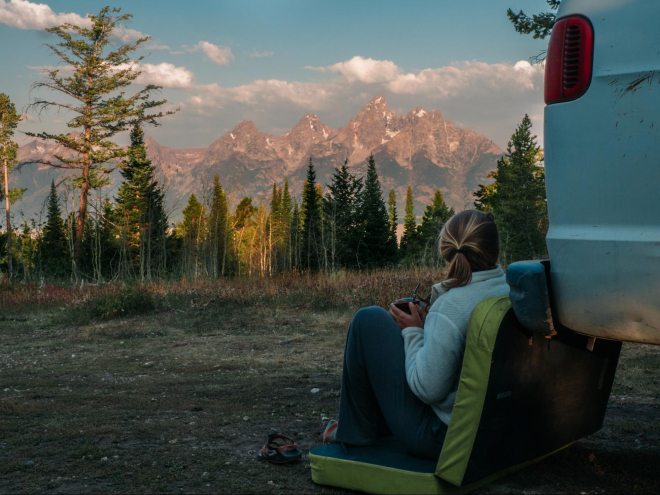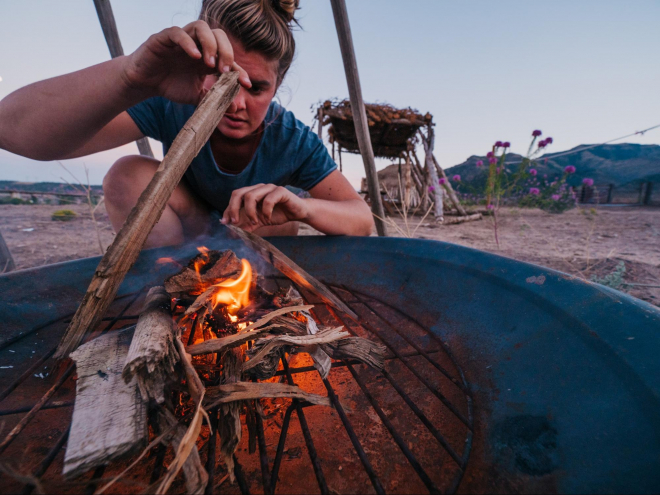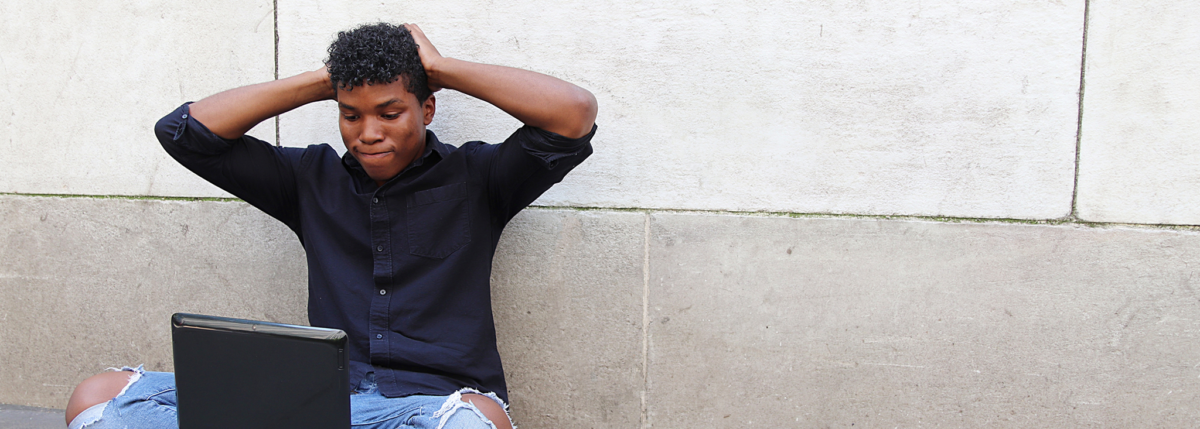Judgement in the Online T1D Community
When handling a disease where your choices are your lifeline, you’ll stand up for them until the ends of the Earth. This makes sense, because without confidence in life or death decisions, an even slight sense of calm will never be achieved. We are also at a time where some of the best insight we can gain from this disease comes from our peers, rather than answers from our doctor at three month intervals. With the potential for support to be so impactful, it’s time we to take a look at how this plays out on the internet.
I’m coming from a unique perspective. Diagnosed in 1996, I have plenty of years under my belt to know my type 1 systems. I was completely and voluntarily removed from the online community of type 1 until 2015. When I entered the space, the treatment decisions I used were mine and mine alone, without input from others beyond my doctor. Finding my way into this space without being in the search for answers allowed me to sit back and question how things were playing out. More so, I had the freedom to question the advice or responses that came my way, instead of holding to them tightly and needing their success.
Making my own way
 To put it simply, I do things differently. Since 2013, I have lived abroad, roaming around as a professional adventure photographer. My lifestyle impacts my diabetes decisions at every turn. I buy insulin without prescriptions in countries that I did not grow up in. I take supplies out of their original casings so they fit in a smaller bag when I travel. I don’t keep my insulin cool. I fight tooth and nail to raise my A1C because different factors keep me low almost always. I put my pump on suspend instead of drinking juice because that patience has worked for me in the past. The list goes on and on.
To put it simply, I do things differently. Since 2013, I have lived abroad, roaming around as a professional adventure photographer. My lifestyle impacts my diabetes decisions at every turn. I buy insulin without prescriptions in countries that I did not grow up in. I take supplies out of their original casings so they fit in a smaller bag when I travel. I don’t keep my insulin cool. I fight tooth and nail to raise my A1C because different factors keep me low almost always. I put my pump on suspend instead of drinking juice because that patience has worked for me in the past. The list goes on and on.
From the response to the previous articles I have written for Beyond Type 1, it is clear that I’m an outlier. The responses I get from individuals are often lovely. They’re excited to know someone is out doing what I’m doing because they didn’t know it could be done responsibly while living with type 1 diabetes (T1D). They’re happy to see you can question things instead of just automatically accepting what the industry tells you is the truth. They have specific questions about bike touring, about humidity in the tropics, about getting syringes through customs in Sri Lanka, about whether or not I think their child could actually attend an adventure-centered high school program. It’s neat! The responses I’ve received when I publicize my email address make it obvious that there is a part of this network that connects to the differences I’m sharing. The answers to specifics are not necessary something I always have, but I do have my perspective. That difference allows us to engage in conversation that is different than what is usually seen on online type 1 community spaces.
Overcoming the negativity
There have also been countless impacts that are less positive. In no way will I share specifics, but for years now people have made it known that I am doing things wrong. I have been told I am neither safe, nor healthy; that I shouldn’t be sharing what I’m sharing; that I shouldn’t use my voice in this community because I’m a know-it-all that actually knows nothing at all. Some of them are laughable, while others make me question if it was a terrible idea that I ever typed a single word. With a disease that demands you become your own doctor, having complete trust in our systems is vital to success—especially when not meeting that mark of success has huge consequences. I understand where all of these people who have said things of disagreement are coming from. It’s scary, so we must protect what we believe. We also need to figure out how to hold that protection near us, without isolating or discouraging others. The number of times I have wanted to turn away from this space all together due to others judgement are countless. If the same thing happens to someone who is relying on the help of others to adjust or better their systems, the impact of this negativity is compounded.

Maybe it’s because I have confidence that doesn’t let other people’s opinions affect me. I’ve travelled solo in a car for months at a time as a single woman. I’ve ended up on the wrong side of yelling police in more languages than I care to admit. I’ve had summit attempts on huge mountains go horrifically wrong. I certainly have learned the appropriate use of the word adventure. This has put distance between me and others in a fair number of public places because I don’t connect or feel understood. In a community like Beyond Type 1, even with the backlash I have received, it’s worth it to stay around. This is a place to support one another, answer questions, or give guidance when it’s requested. All of this is going to be far greater if we know it’s hurtful to tell someone they are flat out wrong and they need to keep quiet.
There are plenty of other things that time and headspace should be spent on. A country I called home for a long time still does not reliably have insulin on shelves in pharmacies. People die before diagnosis happens even though diagnosis takes a 25¢ strip. These are problems worth standing up for as a community. These are things that I want to stick around for. Let’s take this tiny problem of not supporting each other and put it behind us so we can do bigger things. I’m 100 percent down for the ride, even if I’m going to continue doing things quite differently.
As always, my email is acarterclark@gmail.com. I’m around if you want me to be.





